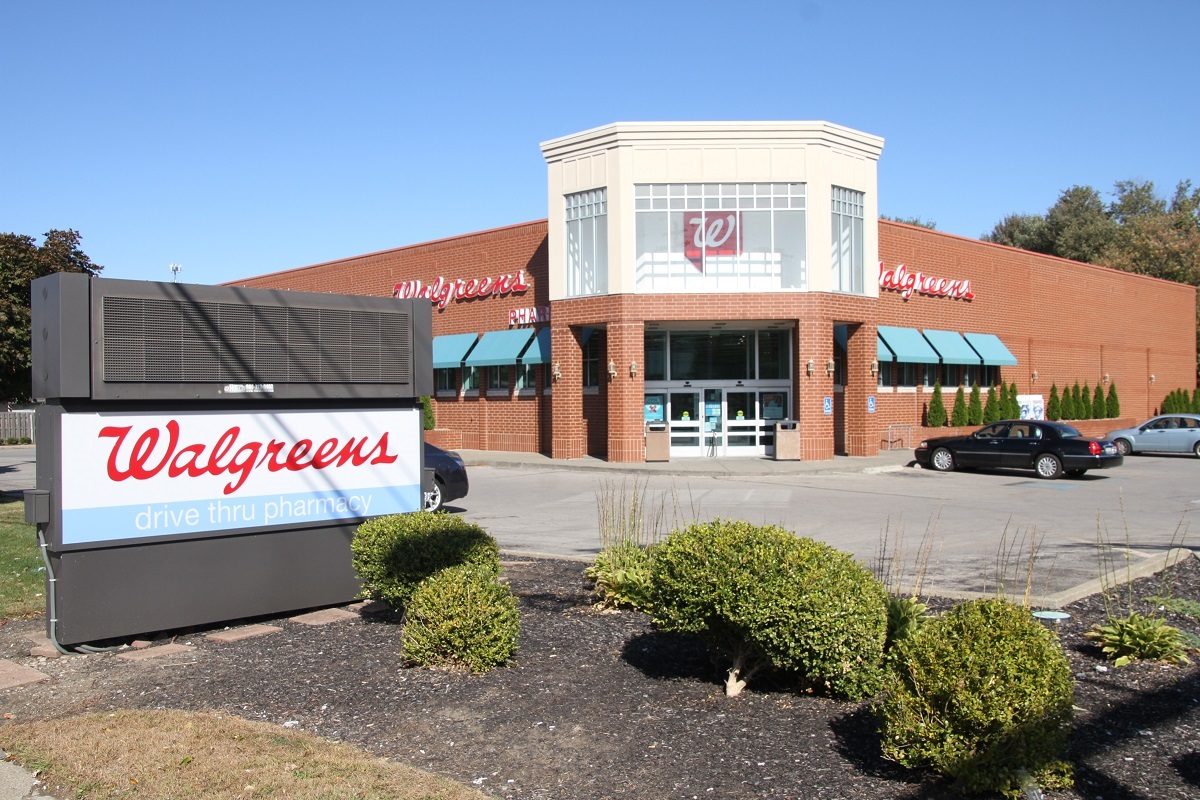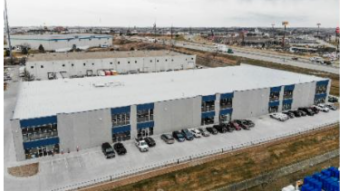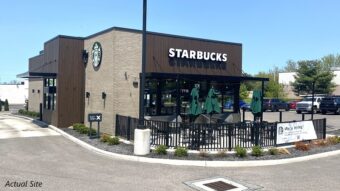As president of Wilmette, Illinois-based The Boulder Group, Randy Blankstein knows the net lease market. He’s spent most of his career in this space and is recognized as one of the leading CRE pros working this market.
And what does Blankstein see today? He sees a net lease market that is holding its own even as the United States continues to suffer through the COVID-19 pandemic. But he also sees a complicated market, one in which certain net lease assets continue to thrive and others are struggling to stay open.
Midwest Real Estate News recently spoke with Blankstein about the state of the net lease market and the long-term changes that COVID-19 might bring to this slice of the commercial real estate market.
I know this is a big question, but how much of an impact has COVID-19 had on the net lease industry?
Randy Blankstein: It really does depend largely on the type of property. You have tenants who are considered essential who have continued to do very well. Then you have non-essential businesses that have certainly struggled. Restaurants, for instance, have been struggling. Health clubs and gyms have been weak.
But then you look at companies such as WalMart, Walgreens and even some restaurants such as McDonald’s that have been doing great. It really is a bifurcated market right now.
The truth, though, is that there is still so much uncertainty out there. There is no playbook out there on pandemics and how real estate will recover. There is no playbook on what the recovery will look like. There are more questions than answers at the moment.
For those who do want to make a deal today in the net lease sector, is financing available?
Blankstein: The capital markets have been fairly strong. For the most part, tenants are paying their rents. So the net lease market is still one that is attractive to lenders. Lenders are staying away from the riskier assets, of course. They are being much more conservative when it comes to hotels, retail and other riskier assets today.
We don’t yet know where valuations are during this pandemic. I’d say, then, that lenders are more conservative in their underwriting. They might be looking at lower loan-to-values. But the capital markets are still out there.
What about institutional investors? Are they still interested in net lease assets during this pandemic?
Blankstein: They have been slow to come back. Their stocks have fluctuated wildly. They do, though, have to make acquisitions. They are slowly dipping their toes back in the water, but they’re not doing it very quickly. They really need a period of sustained stability to do it. REITs are not paid to go out and take big risks. They are more conservative by nature. So they are going to come in more slowly.
That does leave more opportunity for the smaller funds out there, those either doing sale-leasebacks or taking advantage of temporary pricing.
You mentioned sale-leaseback. Is there any activity in that side of the business today?
Blankstein: A lot of tenants are looking at the sale-leaseback market. That is the group that needs equity. They are looking to shore up their balance sheets. A lot are looking at the sale-leaseback market. The problem, though, is that a lot of them just don’t have the strong credit to do so. There is a large opportunity out there in sale-leaseback, but only for tenants with average or above-average credit. Those with credit that is in decline will find it much harder to get a sale-leaseback done.
You’ve obviously seen down markets and recessions in the past. Is this COVID-19 market different than those other struggling markets you’ve experienced?
Blankstein: I have seen dislocated markets. The financial crisis in 2008 and 2009 was a dislocated market. In 1999 and 2000, real estate was not a favored market. But what is happening today is different from the last financial crisis. That crisis was primarily a lending-related issue. This is a health crisis combined with a government shutdown crisis. Many of the restaurants that are now struggling were doing well before the crisis. But then they couldn’t operate because they were forced to shut down most of their business. You saw that in the fitness industry, too. Gyms that were doing well are now struggling to stay open.
This is different than being in a bad financial position. The government forced you into it instead of you failing on your own. If you’re a gym, your business model is disrupted. Movie theaters are seeing the same thing.
Will this pandemic result in long-term changes for some real estate types?
Blankstein: I think we will see some long-term habits that will change. Look at movie theaters. People might not go to the movie theaters as much in the future even if COVID-19 magically went away. You just don’t know. Does AMC have a viable business model or don’t they? If you gave them money to keep going, would they be able to survive for the long-term or are you just delaying the inevitable?
As a bright spot, though, as you see a lot of enclosed malls have more troubles, you will see some of the stronger tenants get out of malls and into freestanding locations. Some of the better tenants don’t need the malls anymore. The traffic there is not what it used to be.
We are in an evolving real estate market. The freestanding net lease part of it, though, offers plenty of reasons to be optimistic. Users who were typically mall-based don’t need to be there anymore. If you are, say, the Apple Store, you can go anywhere. Locally, if you don’t like the mall, there is no reason for Apple to not build its own freestanding store.




